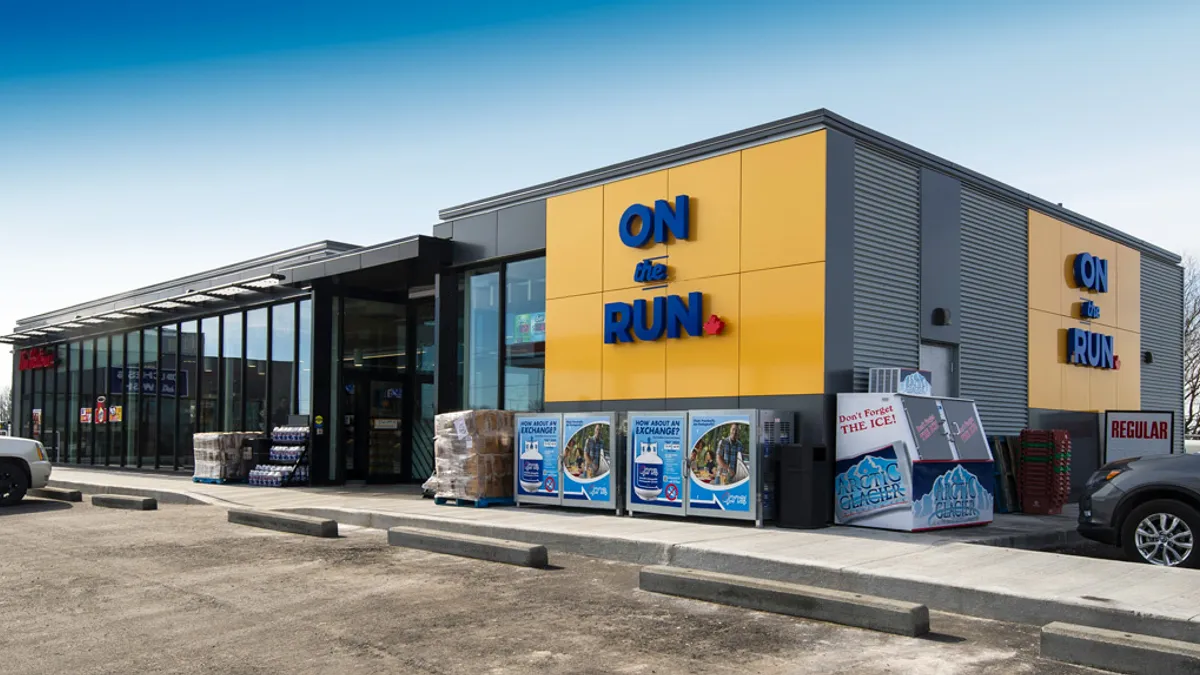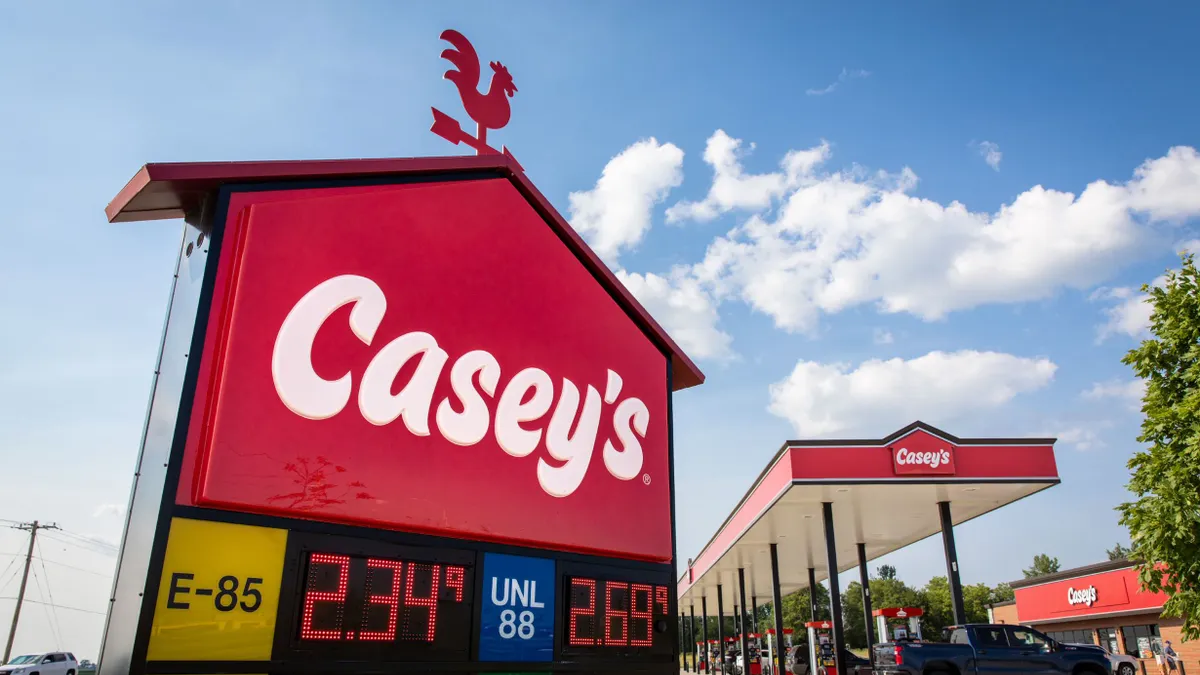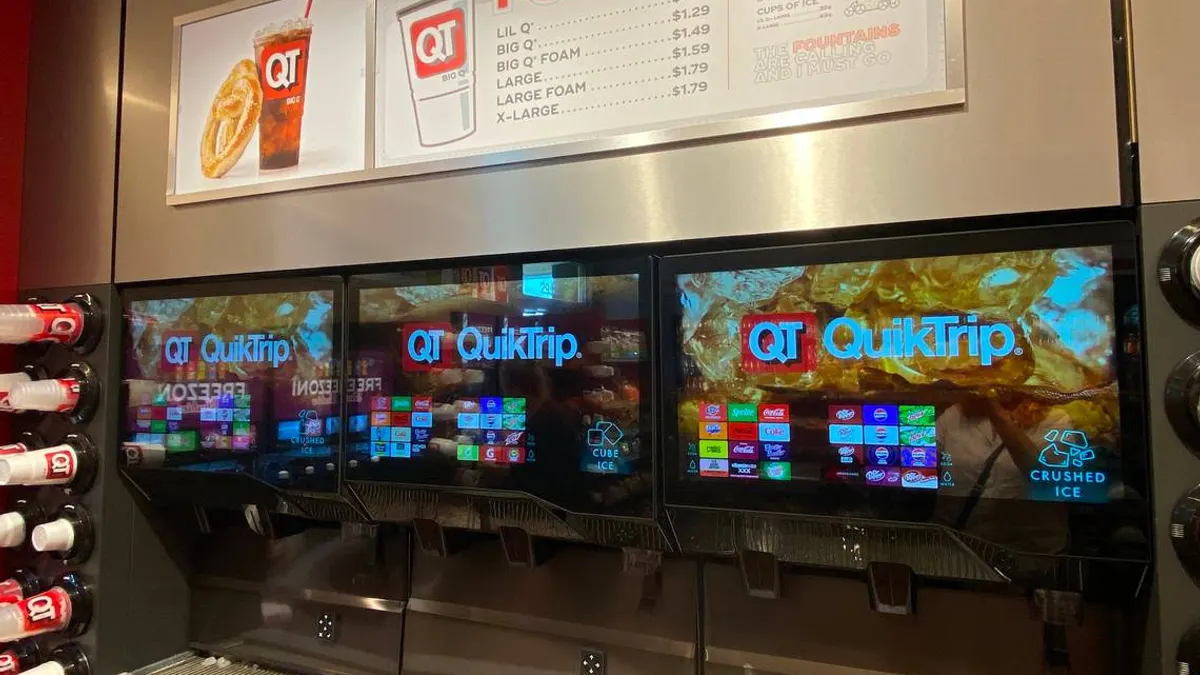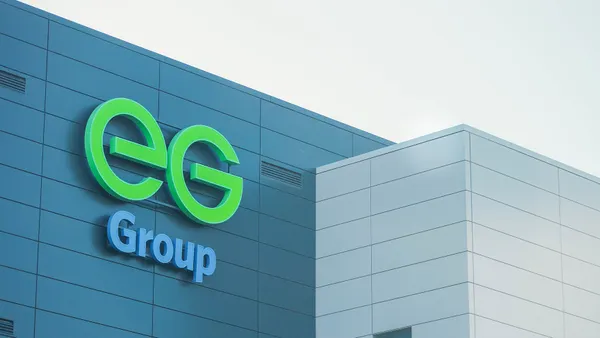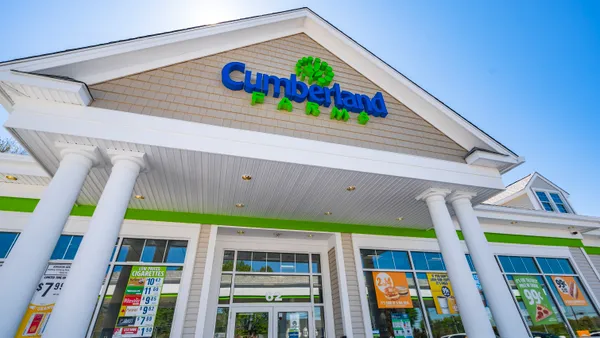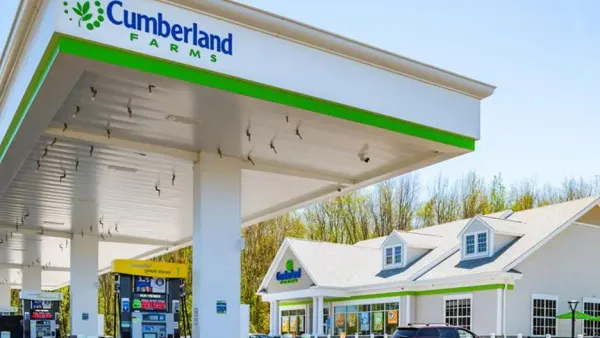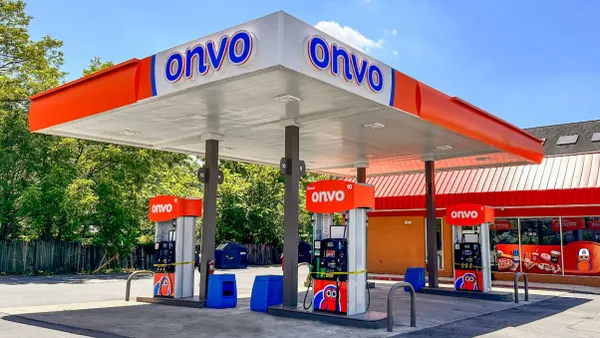In late 2020, Canadian fuel and retail giant Parkland Corporation was about six years into its U.S. convenience store expansion. The Calgary, Alberta-based company operated about 50 of its own c-stores under a variety of banners, such as Superpumper and ConoMart Super Stores, in several states like North Dakota, Montana, Minnesota, Idaho and Wyoming.
That September, Parkland took a significant step in its U.S. expansion. The company made a deal with fellow Canadian retailer Alimentation Couche-Tard to acquire the exclusive rights to the On the Run c-store brand in the U.S., which Couche-Tard initially bought from ExxonMobil back in 2009.
With On the Run, Parkland intended to further expand its company-operated c-store network in the U.S., it said at the time. Parkland planned to rebrand its existing locations to On the Run stores, as well as slap the banner on all new U.S. locations.
Parkland continued to acquire and grow its store count in the U.S. over the next few years. The company made seven acquisitions between 2020 and 2021 alone, most notably reaching Florida in a deal that nearly doubled its retail footprint in the country.
Today, Parkland has 210 company-operated retail sites in the U.S., in addition to 450 dealer locations.
Parkland's M&A history in the U.S.
-
January 2014Acquired 15 company-operated convenience stores under the Superpumper banner across North Dakota, Montana, and Minnesota. This marked Parkland’s arrival in the U.S. in any retail or fuel distribution capacity.
-
March 2015Acquired five more convenience stores in the Bismarck and Dickinson areas of North Dakota from an undisclosed buyer.
-
October 2016Acquired two truck stops and one retail station around Cheyenne, Wyoming, from 7-Eleven.
-
August 2018Acquired Rhinehart Oil, which included nine retail sites across Utah, as well as other assets in Colorado, Wyoming and New Mexico. In a separate transaction, Parkland also acquired Missouri Valley Petroleum, Inc., which included six convenience stores across Mandan, Rugby and Bismarck, North Dakota.
-
October 2019Acquired Tropic Oil Company, which included nine cardlock facilities and four bulk storage plants and warehouses in Florida. Although no c-stores were included in the deal, this marked Parkland’s arrival in the Sunshine State.
-
February 2020Acquired Kellerstrass Oil, which included 84 dealer-operated c-stores in addition to a 17-car rail spur and storage assets in Idaho. This marked Parkland’s arrival in Idaho.
-
May 2020Acquired seven convenience stores under the ConoMart Super Stores banner around Billings, Montana.
-
November 2020Acquired Sevier Valley Oil Company, which included seven company-operated c-stores and over 20 dealers across Utah and Colorado.
-
December 2020Acquired 13 company-operated convenience stores and about 40 dealers across Montana, Utah and Arizona from separate acquisitions with Story Distributing Co. and Carter Oil Co.
-
April 2021Acquired Conrad & Bischoff Inc., which included 19 company-owned c-stores and 39 dealer-operated sites across Idaho and Wyoming.
-
November 2021Acquired the assets of Urbieta Oil Co., which comprised 94 retail locations — including the real estate purchase of 54 strategic sites — in Florida. In a separate transaction, Parkland also acquired the business of Lynch Oil, which included five convenience stores and two travel centers in Idaho.
However, Parkland hasn’t made a retail acquisition since November 2021. It paused its rapid growth in the U.S. as both its retail and fuel businesses in America began to struggle.
By early 2023, the company began facing frequent pressure from investors to either split off its refinery and fuel distribution businesses or sell the company entirely amid underperformance compared to its peers. Canadian news outlet The Globe reported last month that Parkland shut down an $8 billion takeover offer from Sunoco in 2023 amid pressure to sell.
With challenges persisting, in May 2023, Parkland revealed plans to sell up to $500 million worth of non-core assets — including select retail sites — that no longer aligned with its business objectives. At the time, the company said it hoped about $300 million worth of these assets would come from its network in Canada, and didn’t specifically mention anything about its stores in the U.S. This past February, Parkland placed 157 c-stores up for sale in Canada as part of this plan.
Parkland’s struggles in the U.S. continued into 2024. Earlier this summer, leadership said its U.S. segment was “behind where we want to be,” citing declines in retail and commercial fuel volumes. In August of this year, leadership reiterated those challenges and revealed that it had cut over 300 jobs across its U.S. operations since January 2023 to save costs.
Parkland’s challenges in the U.S. gained steam earlier this month when the company announced that it’s looking to sell its entire business in Florida, which includes 100 convenience retail locations — about half of its U.S. c-store footprint.
In its Q2 earnings call last month, Parkland President and CEO Robert Espey said Parkland’s business in Florida hadn’t reached its full potential, despite reducing labor and overtime hours, refreshing store interiors and adding new merchandise. Assuming its Florida operation is sold off, Espey said that Parkland’s $500 million divestiture plan is now expected to “significantly exceed” that initial amount by the end of 2025.
Espey emphasized that the company intends to continue growing in the northern U.S., where it has over 100 convenience stores. However the company’s ongoing struggles in the U.S. over the past two years raise the question of whether it’ll be financially able to do so.
If it cannot, several notable convenience retailers with hundreds of locations out west — including 7-Eleven, Maverik, United Pacific, H&S Energy or ExtraMile — could come calling for these assets.



